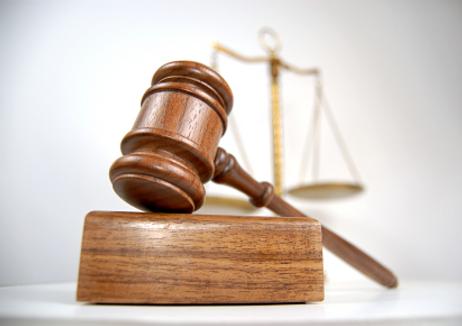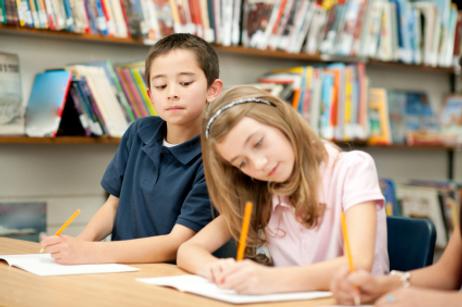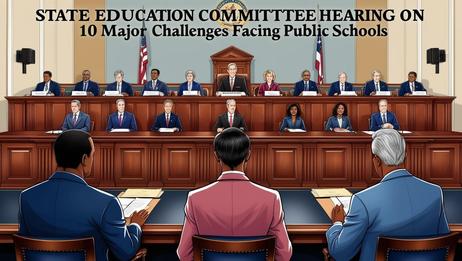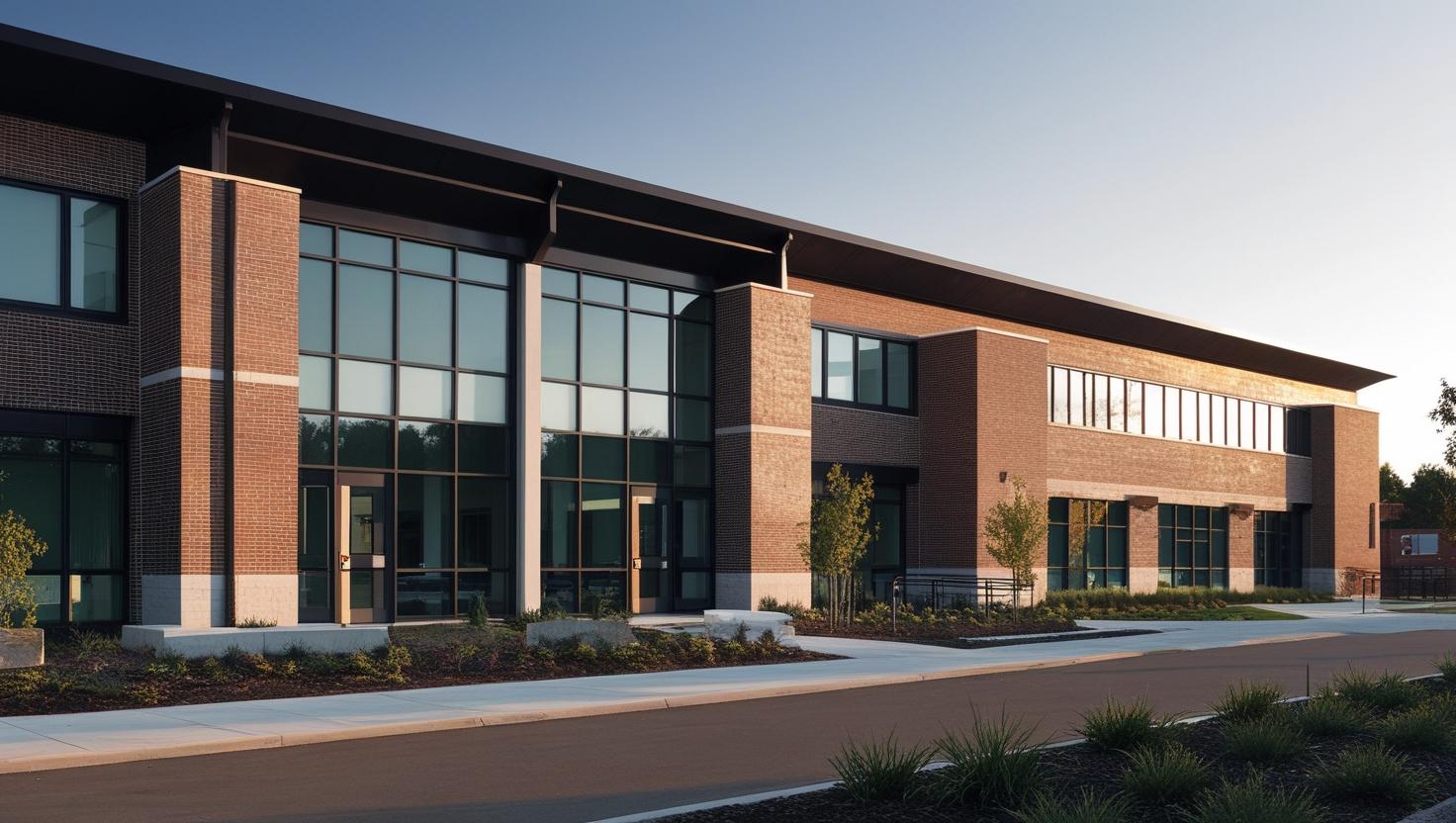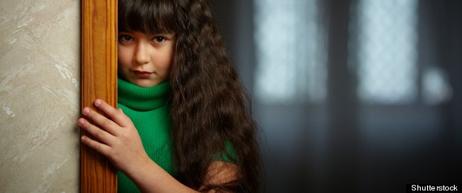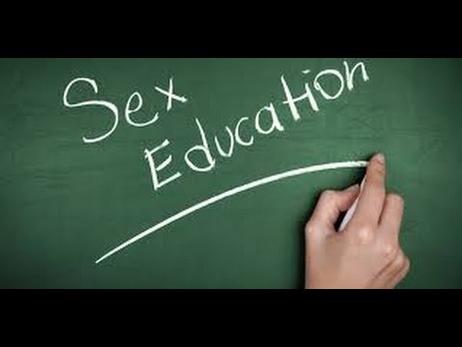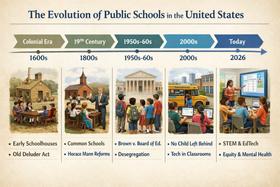A question over equality at a top-rated high school in the Fairfax School District in Virginia has once again raised the question of the equality of public education overall in the United States. Thomas Jefferson High School, frequently ranked as one of the top public schools in the country, has recently come under fire by the Coalition of the Silence and the NAACP. The organizations have raised concerns about the low enrollment of minority students into the school, particularly in light of the much higher rate of diversity in schools just a few miles away. However, as one digs into the question of racial inequality at Thomas Jefferson High School, concerns extend into whether minority students in Fairfax County are given the same academic opportunities as their caucasian counterparts.
This TEDTalk discuss racial discrimination in public schools.
Federal Civil Rights Complaint Filed
A federal civil rights lawsuit has been filed with the U.S. Department of Education regarding Thomas Jefferson High School’s admission policies. The complaint alleges that Fairfax County “…essentially operates a network of separate and unequal schools,” which leaves out Latinos, blacks, and disabled students. The complaint further alleges that “for decades, these students have been grossly and disproportionately underrepresented in admission to the Thomas Jefferson High School for Science and Technology.”
The civil rights complaint was filed by the Coalition of Silence, an advocacy group formed by

